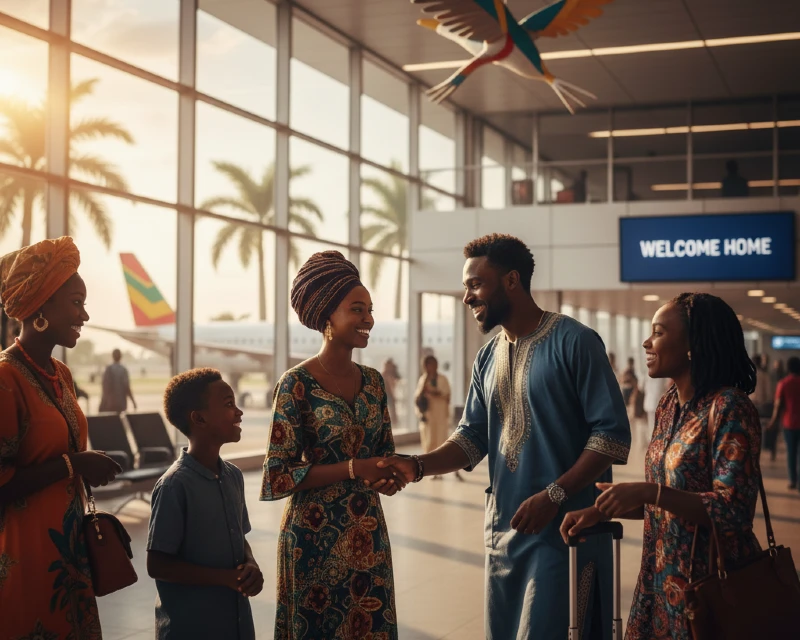
Burkina Faso waives visa for African citizens
Burkina Faso has announced that citizens of every African country can now enter the nation without paying visa fees.
The decision, unveiled in early September 2025 by the government led by Captain Ibrahim Traoré, scraps the charges previously levied on visitors from outside West Africa. While travellers must still complete an online visa application, they will no longer pay to have it issued.
A step beyond ECOWAS arrangements
For years, citizens of West African nations enjoyed visa-free entry to Burkina Faso under ECOWAS protocols. These agreements promote free movement within the bloc, making business, tourism, and family visits simpler.
However, the new policy goes further, extending visa-fee waivers to all Africans. It also comes at a time when Burkina Faso, Mali, and Niger have stepped back from full ECOWAS membership, signalling that Ouagadougou is still keen to keep its doors open to African neighbours.
RELATED: How bilateral tourism could strengthen Africa’s economic standing
Riding a continent-wide trend
Burkina Faso’s announcement is part of a larger movement across Africa to ease travel restrictions for fellow Africans.It has often been easier for non-African citizens to travel to African countries than for Africans to travel within their own continent due to restrictive visa policies. In recent years, however, there has been a noticeable push to remove these barriers.
Kenya recently rolled out visa-free entry for almost all African and Caribbean passport holders.
Ghana started the year by removing visa requirements for all African citizens, joining countries such as Rwanda, Seychelles, The Gambia, and Benin, which already have open-door policies.
Together, these measures point to growing momentum for the African Union’s Free Movement of Persons Protocol and the African Continental Free Trade Area (AfCFTA), both of which depend on smoother cross-border travel.
Why it matters
Scrapping visa fees is more than a symbolic gesture. It can encourage tourism and cultural exchange, lower the cost of business trips and conferences, strengthen solidarity between African nations, and support the growth of regional trade and supply chains.









Leave a Reply